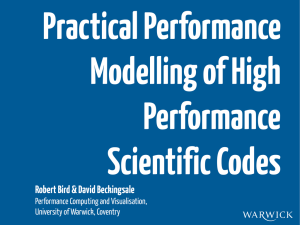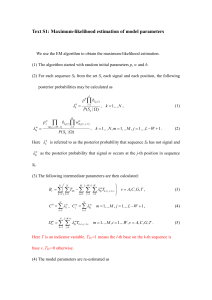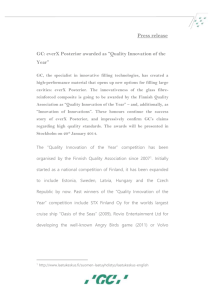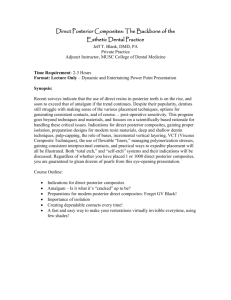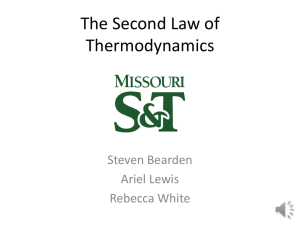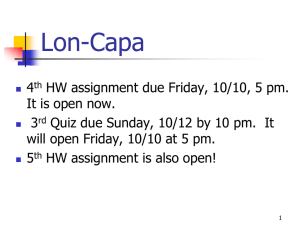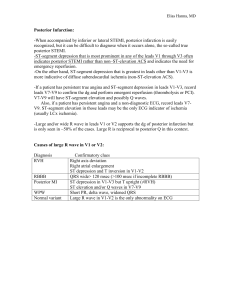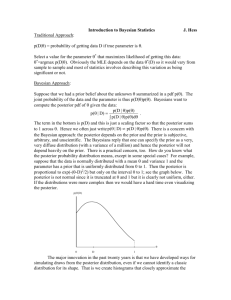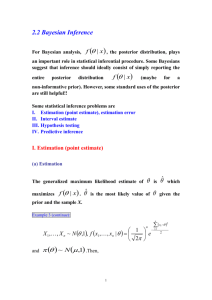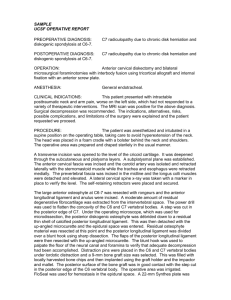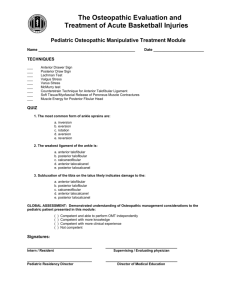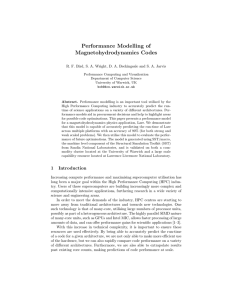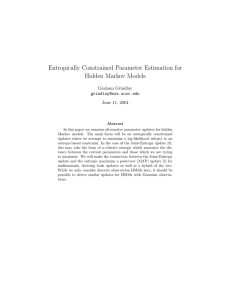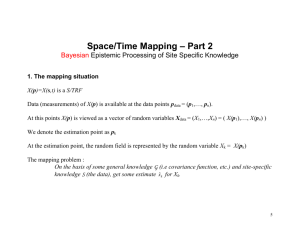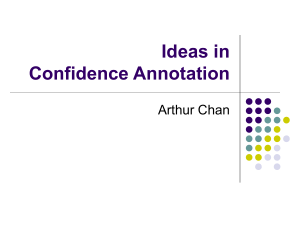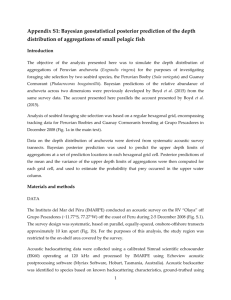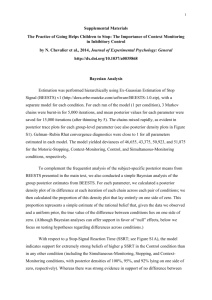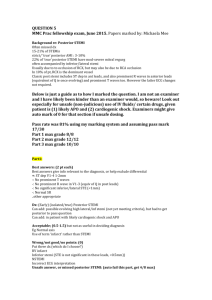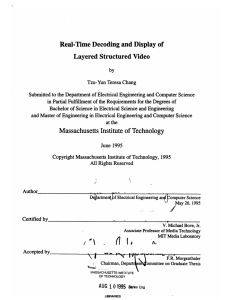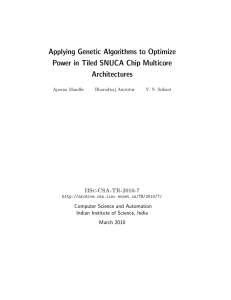Global Posterior Probability Estimates as Confidence Measures in
advertisement
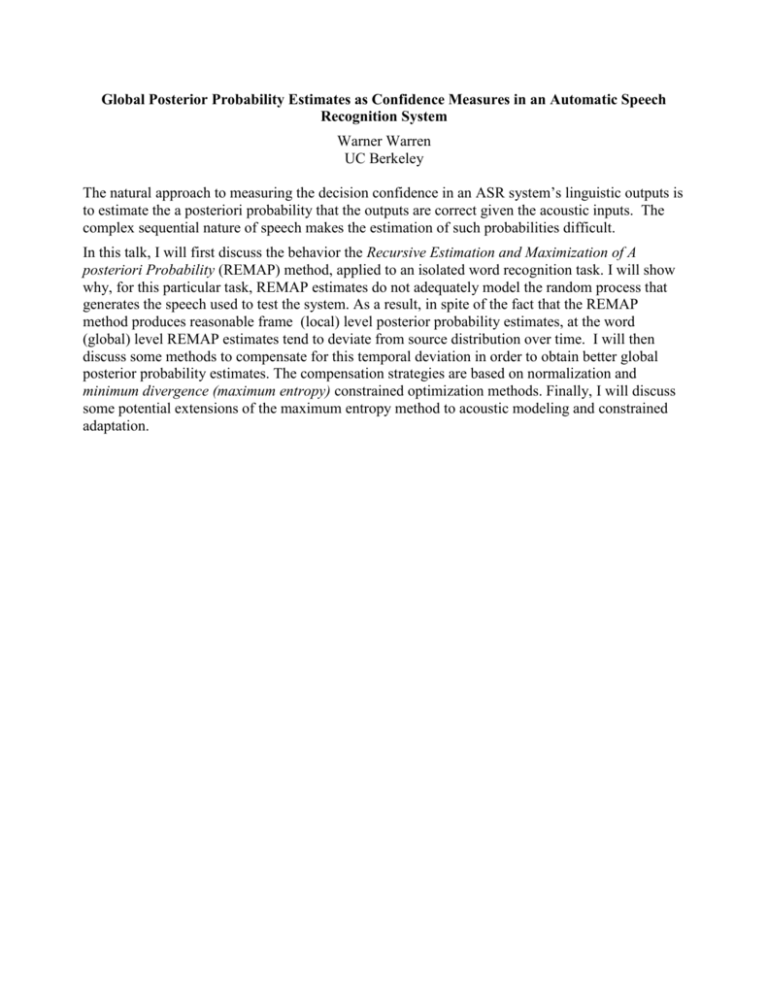
Global Posterior Probability Estimates as Confidence Measures in an Automatic Speech Recognition System Warner Warren UC Berkeley The natural approach to measuring the decision confidence in an ASR system’s linguistic outputs is to estimate the a posteriori probability that the outputs are correct given the acoustic inputs. The complex sequential nature of speech makes the estimation of such probabilities difficult. In this talk, I will first discuss the behavior the Recursive Estimation and Maximization of A posteriori Probability (REMAP) method, applied to an isolated word recognition task. I will show why, for this particular task, REMAP estimates do not adequately model the random process that generates the speech used to test the system. As a result, in spite of the fact that the REMAP method produces reasonable frame (local) level posterior probability estimates, at the word (global) level REMAP estimates tend to deviate from source distribution over time. I will then discuss some methods to compensate for this temporal deviation in order to obtain better global posterior probability estimates. The compensation strategies are based on normalization and minimum divergence (maximum entropy) constrained optimization methods. Finally, I will discuss some potential extensions of the maximum entropy method to acoustic modeling and constrained adaptation.
